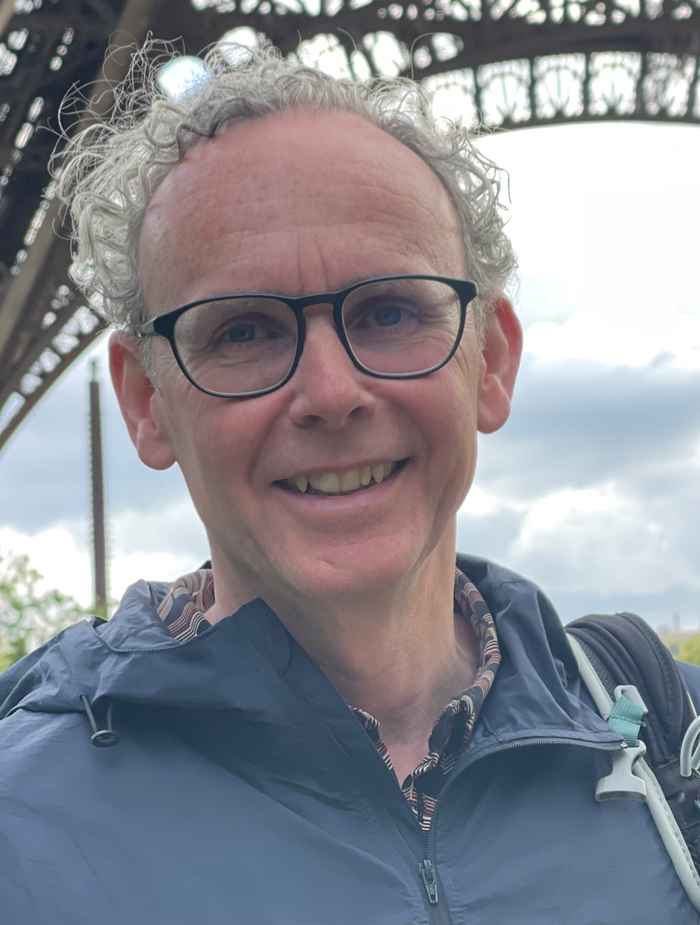Mechanisms for interventions and policies to bring about change in opinion
Kick-off event by Lourens Waldorp
- Date
- 28 January 2025
- Time
- 12:00 -14:00
- Location
- Oude Turfmarkt 145-147
- Room
- Sweelinck Room

Mechanisms for interventions and policies to bring about change in opinion
Fundamental to determining policy for opinion change in society is (1) to learn what mechanisms remain the same as a result of interventions, and (2) to learn the mapping between a real life intervention and the change of parameters in the models describing the process. If the objective is to try to make people think positively of vaccination, for example, then we have to first learn what causal mechanisms in opinion formation remain the same when we intervene and try to change someone’s mind.
It is likely that trying to increase awareness about being vaccinated with some media campaign, we will make the topic of vaccination active and cause people to talk about it and form (strong) opinions based on their network, both physical and virtual. And the arguments and other persuasive skills in someone’s network may not lead to the desired change in opinion.
So, maybe instead of making the topic active, it may be better to first reduce engagement in the topic and then try using different channels (e.g., regular and social media) to try and change someone’s mind. This example shows that we need to know how someone’s opinion is formed but also what it means to reduce someone’s involvement, both in modelling and in real life. In my research I focus on learning such invariance properties that allow for making better predictions (because they rely on causal relations) and learning about the mapping between interventions in practice and modelling interventions.
Programme
| 12:00 | Lunch on arrival |
| 12:30 | Start kick-off event |
| 14:00 | End |